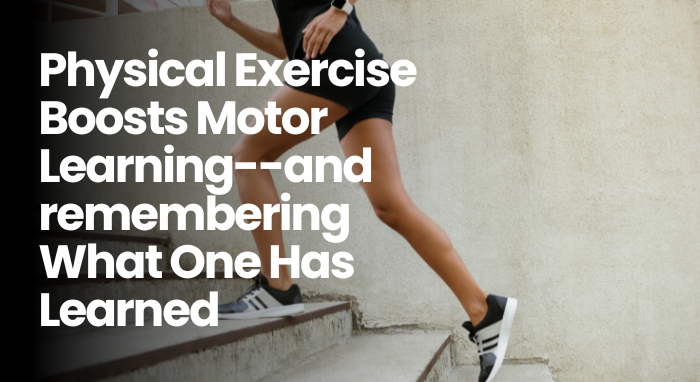Violinists, surgeons and gamers can benefit from physical exercise both before and after practicing their new skills. The same holds true for anyone seeking to improve their fine motor skills. This is demonstrated by new research from the University of Copenhagen, which, among other things, can make the way we rehabilitate more effective.
Source: University of Copenhagen – Faculty of Science
Before a violinist tunes their instrument or surgeon stands at the training table to learn the skills needed for a new symphony or surgical procedure, they might consider heading out for a bike ride or run. Once they’ve practiced the new skill, there’s good reason to put on their workout attire again.
Indeed, being physically active and elevating one’s heart rate has the wonderful side effect of improving our ability to learn by increasing the brain’s ability to remember.
In a new study, researchers from the Department of Nutrition, Exercise and Sports have shown that this effect also applies to the formation of motor memory, enabling us to recall and perform tasks such as riding a bike, drive a car and lace up our shoes, almost automatically.
“Our results demonstrate that there is a clear effect across the board. If you exercise before learning a skill, you will improve and remember what you have learned better. The same applies if you exercise after learning. But our research shows that the greatest effect is achieved if you exercise both before and after,” says PhD Lasse Jespersen, first author of the study.




